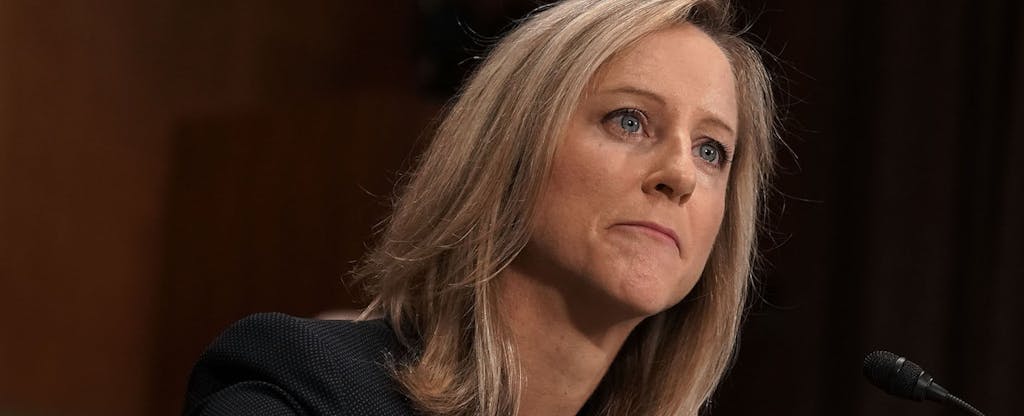The Consumer Financial Protection Bureau has announced a proposal to gut a payday lending regulation that set stricter requirements around certain high-cost loans and was supposed to take effect this summer.
A major provision of the payday lending rule — developed under the Obama administration and set to take effect in August — would have required payday and auto title lenders to assess borrowers’ ability to repay before issuing them loans. But under the new CFPB proposal, this ability-to-repay provision will be scrapped — a significant win for these lenders.
Consumer groups had strongly advocated for the Obama-era regulation, saying payday lenders needed tougher rules because of the typically higher-than-average interest rates that come with most payday loans. The CFPB states that the average two-week payday loan includes a $15 charge for each $100 borrowed, which equates to an annual interest rate approaching 400% — costs that trap many low-income consumers in a cycle of debt.
The CFPB argues that its proposal will ensure consumers don’t lose access to much-needed credit, as the regulation would have made it harder for payday and auto title lenders to issue loans.
The CFPB’s announcement marks one of the first major policy actions by new CFPB Director Kathy Kraninger, who was nominated by President Trump and took over the agency in December.
The CFPB’s announcement triggers a restart of the rulemaking process. There will be a 90-day public comment period on the agency’s new proposal, which includes delaying implementation of the final regulation until Nov. 19, 2020.


